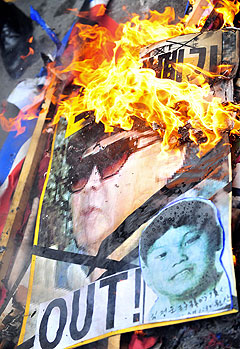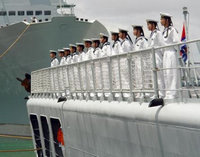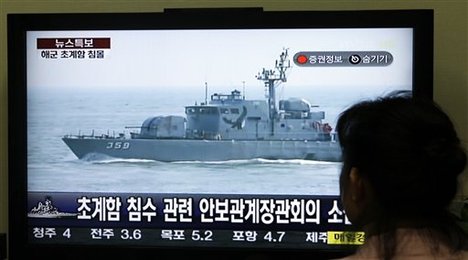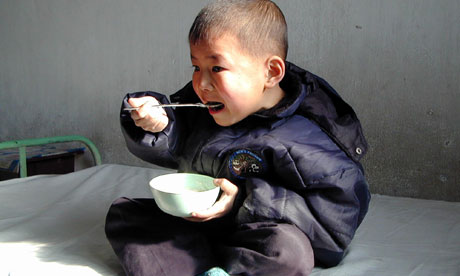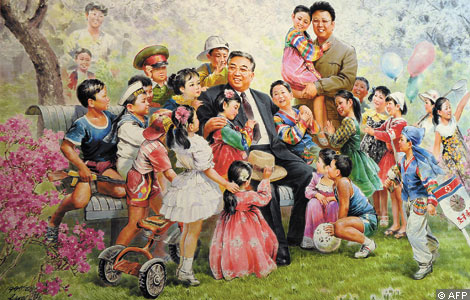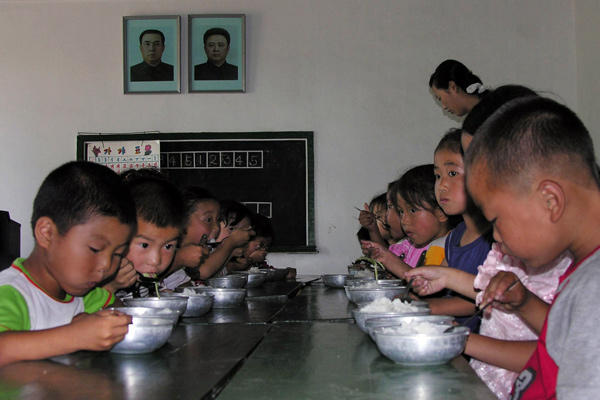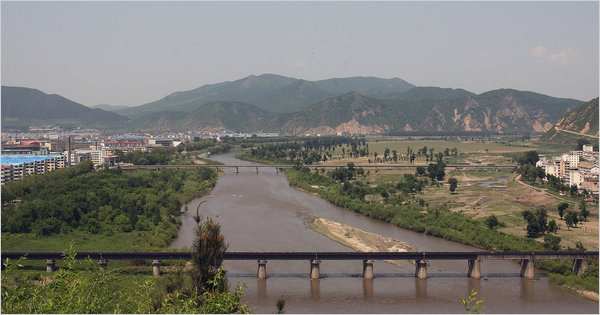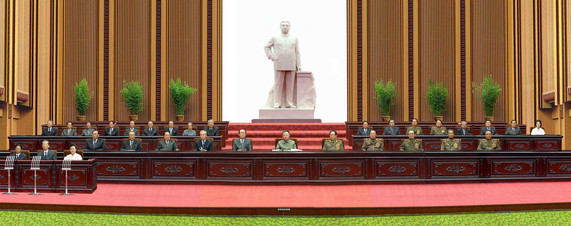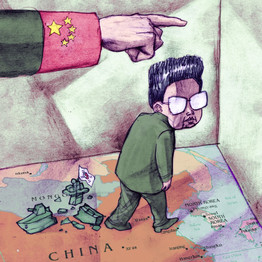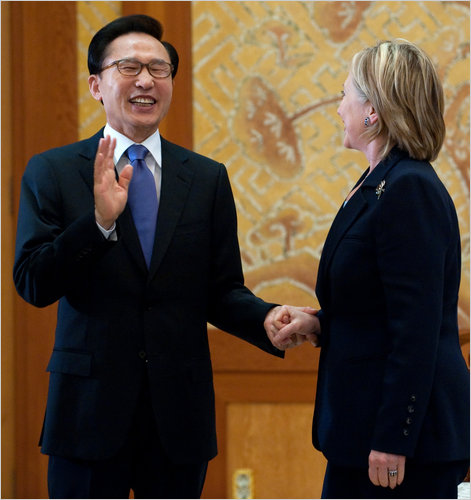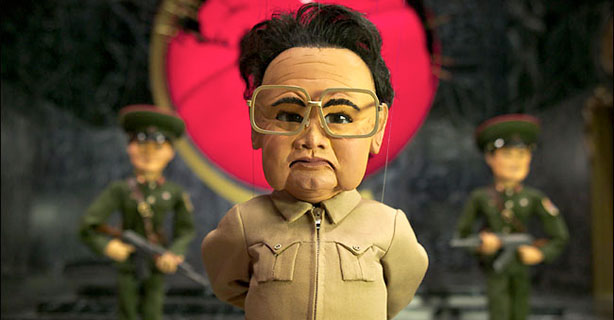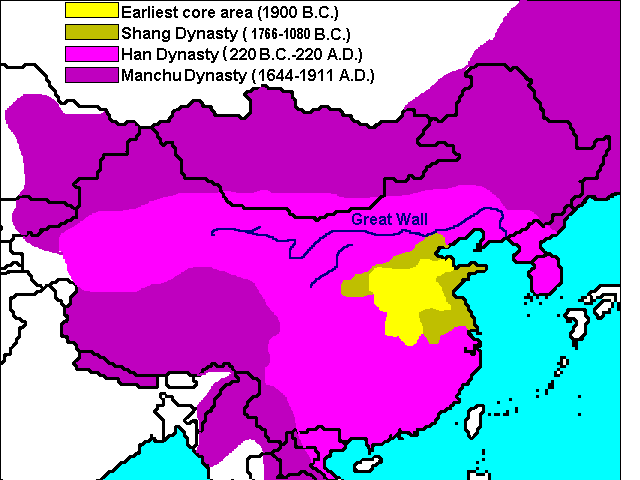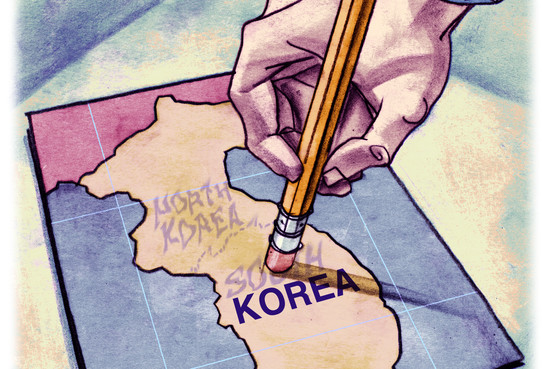Kim Jong Un: China seconds that devotion
 Friday, September 10, 2010 at 12:05AM
Friday, September 10, 2010 at 12:05AM 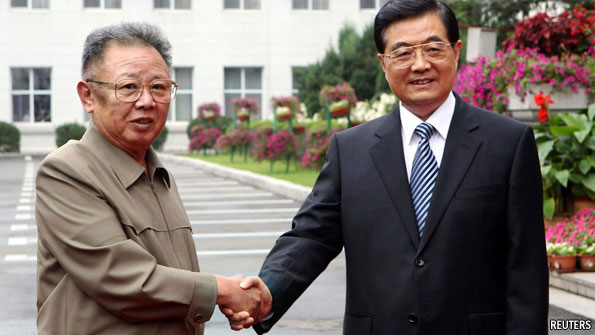
Economist piece on the second trip that Kim Jong Il took to convince his Chinese patrons that idiot son #3 Kim Jong Un is the right man at the right time.
When Kim snuck off earlier this year, you know the subject was the same, but at least China could feign some ignorance. Word was that the son snuck along for the train ride this time, with the Chinese offering kind words for the upcoming big party meet that will crown the boy.
So it would seem that the Chinese have clearly signed off on the succession, meaning they will bear some real responsibility for what comes next.









